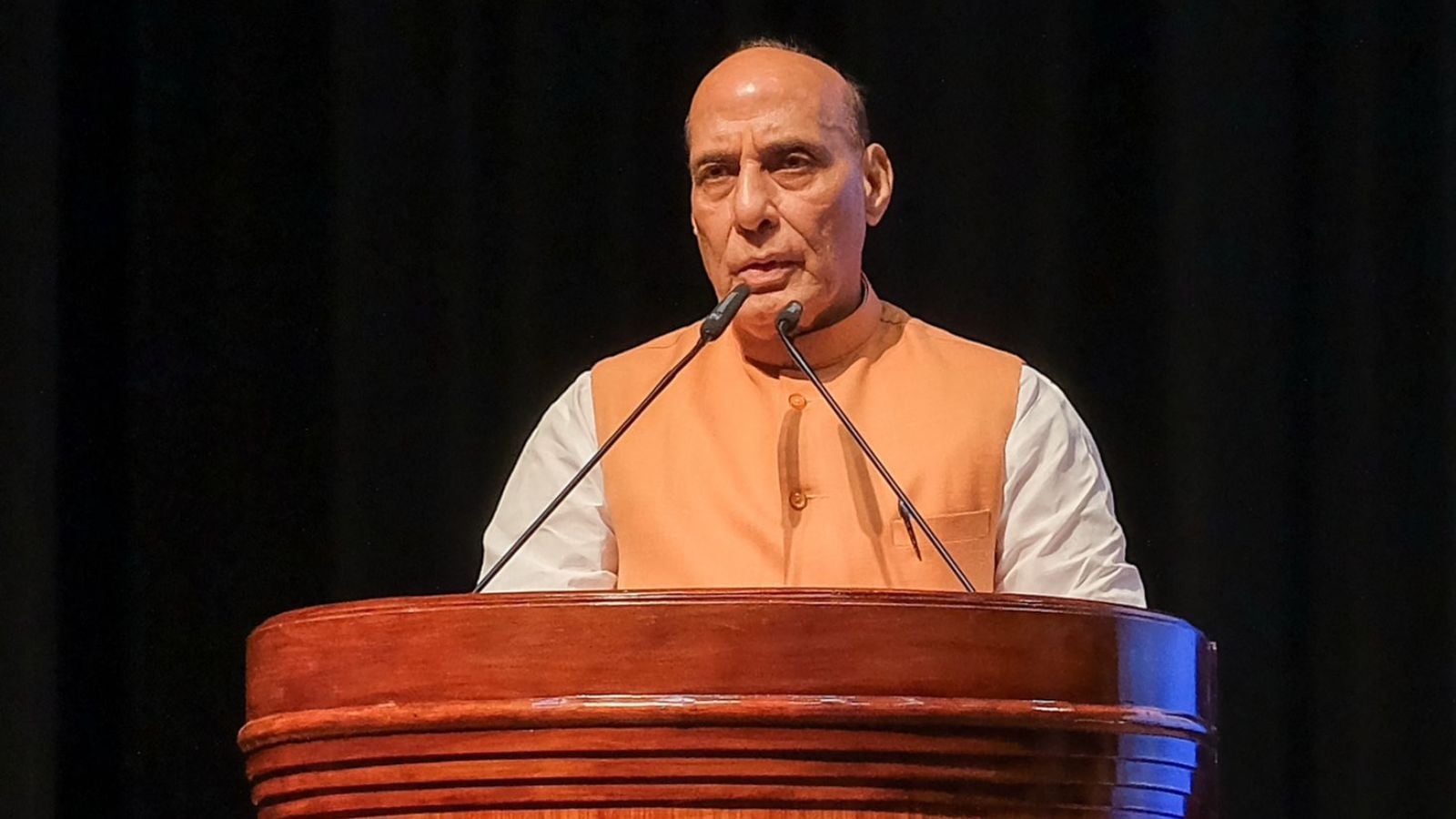
Loitering munitions, counter-drone systems, VSHORADS: Defence ministry signs 13 contracts worth Rs 1,981 crore
How did your country report this? Share your view in the comments.
Diverging Reports Breakdown
Loitering munitions, counter-drone systems, VSHORADS: Defence ministry signs 13 contracts worth Rs 1,981 crore
The Ministry of Defence has signed 13 contracts worth Rs 1,981.90 crore under the Emergency Procurement (EP) mechanism. The development is significant after India launched Operation Sindoor against terror targets inside Pakistan last month. The EP mechanism would enable deliveries under fast-track procedures, as against the longer procurement processes applied for other planned defence capital and revenue procurements. The list also includes loitering munitions, bulletproof jackets (BPJs), ballistic helmets, Quick Reaction Fighting Vehicles (QRFVs) – Heavy and Medium Night Sights for Rifles. The three services also individually procured a range of anti-drone systems from Indian firms. The government had recently given emergency powers to the three services, allowing them to use up to 15 per cent of their capital budgets to urgently purchase ammunition and equipment for replenishment of operational stocks, it is learnt. The procurements reflect the Ministry’s commitment to equipping the Indian Army with modern, mission-critical, and completely indigenous systems to meet emerging security challenges.
The development is significant. India had launched Operation Sindoor against terror targets inside Pakistan last month, leading to both countries launching retaliatory strikes at each other for three days before a ceasefire was reached.
Aimed at enhancing the Indian Army’s operational preparedness in counter-terrorism operations, the EP mechanism would enable deliveries under fast-track procedures, as against the longer procurement processes applied for other planned defence capital and revenue procurements. This will be the sixth phase of emergency procurements.
Story continues below this ad
According to the Defence Ministry, some of the key equipment and systems being procured under the EP mechanism include Integrated Drone Detection and Interdiction Systems (IDDIS), Low Level Lightweight Radars (LLLR) and VSHORADs – Launchers and Missiles.
The list also includes loitering munitions, including Vertical Take-Off and Landing (VTOL) systems, bulletproof jackets (BPJs), ballistic helmets, Quick Reaction Fighting Vehicles (QRFVs) – Heavy and Medium Night Sights for Rifles.
Story continues below this ad
In a statement issued Tuesday, the Defence Ministry said it has concluded 13 contracts under the EP mechanism. “These contracts, amounting to Rs 1,981.90 crore, have been finalised against an overall sanctioned outlay of Rs 2,000 crore for the Indian Army,” the statement mentioned.
“The acquisitions were completed within compressed timelines to ensure rapid capability augmentation,” the ministry said.
“These procurements reflect the Ministry’s commitment to equipping the Indian Army with modern, mission-critical, and completely indigenous systems to meet emerging security challenges,” the ministry said, adding that the EP route continues to be a key enabler in bridging urgent capability gaps and ensuring the timely induction of vital operational equipment.
Story continues below this ad
Last week, Defence Secretary Rajesh Kumar Singh said the government had recently given emergency powers to the three services, allowing them to use up to 15 per cent of their capital budgets to urgently purchase ammunition and equipment for replenishment of operational stocks.
Defence officials told The Indian Express that fast-track acquisitions of a range of modern platforms, weapons, ammunition, and other accessories in the last five years have significantly upped the Indian military’s capabilities by bolstering its inventory.
The three services, it is learnt, have now identified and initiated what needs to be procured on a fast-track basis till November, considering the current security situation.
Story continues below this ad
Emergency powers for procurements were granted to the Armed Forces when the Ladakh standoff with China began in 2020, and also after the Balakot airstrike in February 2019 and the 2016 surgical strikes.
ALSO READ | India must use its influence to support de-escalation and a return to negotiations
However, a majority of defence procurements, which were fast-tracked, began in 2020 and continued over the next four years with repeated extensions on emergency powers granted to the military, in the backdrop of a military standoff between the two countries along the Line of Actual Control (LAC) in Eastern Ladakh.
Hundreds of unmanned aerial vehicles, loitering munitions, swarm drones, and counter-UAV systems have been procured by the Armed Forces over the last four years, from both foreign and domestic manufacturers, for attack, surveillance, and logistics purposes. The three services also individually procured a range of anti-drone systems from Indian firms.
A range of weapon systems, such as the HAMMER air-to-ground precision-guided weapon system for the Rafale fighter jets, Spice Bombs, and Man Portable Air Defence System (MANPADS) and armour-piercing fin-stabilised discarding sabot (APFSDS) ammunition for the Army’s T-72 and T-90 main battle tank,s have been bought under emergency powers.
